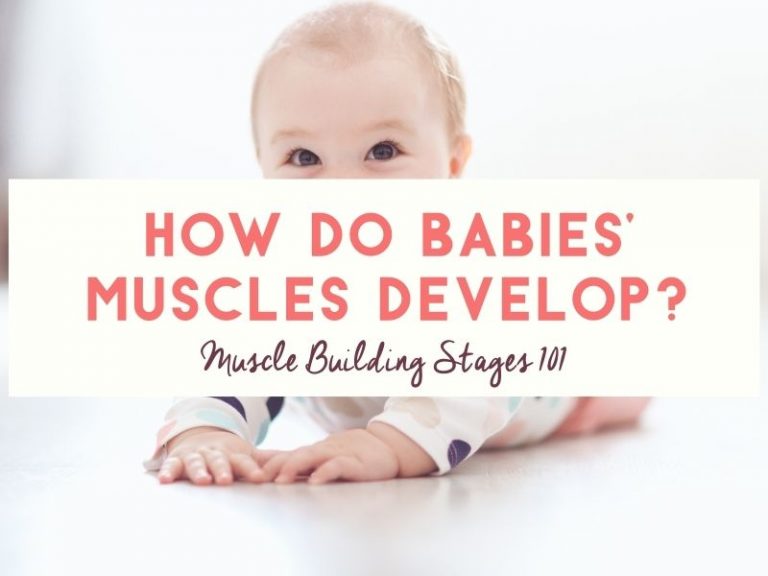
Table of Contents
Introduction
As a new parent, you may be curious about how your baby’s muscles develop. Watching your little one grow and develop can be a fascinating experience, but it can also be overwhelming. Babies go through an incredible amount of physical and cognitive development in their first years of life. Understanding how your baby’s muscles develop can help you provide the best care for your child.
Baby Muscle Development
Babies are born with all the muscles they will ever have, but their muscles are not fully developed. The muscles in their arms and legs, for example, are not strong enough to support their weight or move their limbs. However, as they grow, their muscles become stronger, and they learn to control their movements.The development of muscle strength and motor skills is a gradual process that starts in the womb. During pregnancy, your baby’s muscles begin to develop as early as 6 weeks after conception. At this stage, their movements are mostly reflexive and involuntary.After birth, your baby’s muscles continue to develop as they begin to explore their environment. Their muscles grow stronger as they practice rolling over, crawling, and eventually walking. As they develop more control over their muscles, they also learn to use them in more complex ways, such as grasping objects and manipulating toys.
The Role of Nutrition
Proper nutrition is essential for healthy muscle development in babies. Breast milk or formula provides the necessary nutrients for growth and development, including protein, carbohydrates, and fats. These nutrients help build muscle tissue and provide energy for physical activity.As your baby begins to eat solid foods, it’s important to provide a balanced diet that includes a variety of nutrient-dense foods. Foods high in protein, such as meat, fish, and eggs, are especially important for muscle development. Iron-rich foods, such as fortified cereals and leafy greens, are also important for the development of healthy muscles and red blood cells.
Physical Activity
Physical activity is also crucial for healthy muscle development in babies. Tummy time, for example, helps strengthen the muscles in their neck and shoulders, which are necessary for sitting up and crawling. As they grow, providing opportunities for play and exploration can help develop their muscles and coordination.It’s important to provide a safe environment for physical activity and to supervise your baby at all times. Avoid placing your baby in positions that could strain their muscles or joints, such as propping them up before they can sit on their own. Also, avoid using baby walkers, as they can delay the development of walking and interfere with muscle development.
Conclusion
Watching your baby grow and develop can be an exciting experience. Understanding how your baby’s muscles develop can help you provide the best care for your child. Proper nutrition and physical activity are essential for healthy muscle development in babies. By providing a safe environment and opportunities for exploration and play, you can help your baby develop strong and healthy muscles.
Frequently Asked Questions
Q: When do babies start developing muscles?
A: Babies start developing muscles as early as 6 weeks after conception. Muscle development continues after birth as they grow and explore their environment.
Q: What role does nutrition play in muscle development?
A: Proper nutrition is essential for healthy muscle development in babies. Breast milk or formula provides the necessary nutrients for growth and development, including protein, carbohydrates, and fats. As babies begin to eat solid foods, a balanced diet that includes a variety of nutrient-dense foods is important.
Q: How can I help my baby develop strong muscles?
A: Providing opportunities for physical activity, such as tummy time and play, can help develop your baby’s muscles and coordination. A balanced diet that includes protein-rich foods and iron-rich foods is also important.
Q: When should I start tummy time with my baby?
A: Tummy time can start as early as the first day home from the hospital. Start with short periods of tummy time and gradually increase the length of time as your baby becomes more comfortable.
Q: Are there any positions I should avoid placing my baby in?
A: Avoid placing your baby in positions that could strain their muscles or joints, such as propping them up before they can sit on their own. Also, avoid using baby walkers, as they can delay the development of walking and interfere with muscle development.
